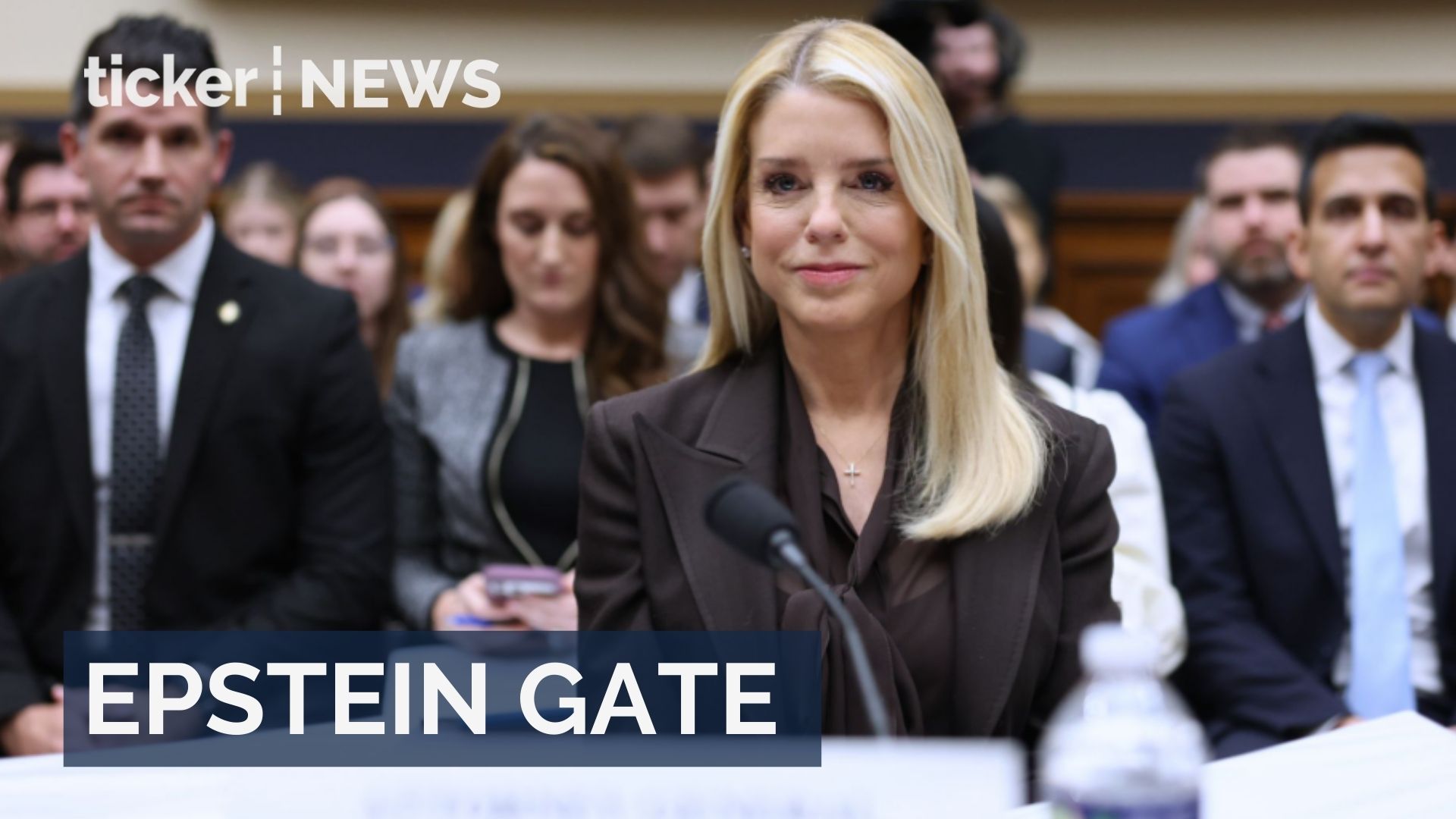Footage portraying a group of men attacking women patrons at a Tangshan restaurant in China went viral earlier this week
The horror attack sparked global outrage, with many calling for punishment of the perpetrators.
Video shows one of the men approcahing a woman at the restaurant at around 2:40 am, he then strikes her with force when she pushes him away.
The confrontation got worse when additional men began attacking the woman as well as other women at the restaurant.
Will this be dealt with properly considering there is physical proof?
Yaqiu Wang from Human Rights Watch spoke exclusively to tickerNEWS.
She says that the government announced that several perpetrators have been arrested and will be held accountable for the attack as a result of the footage serving as proof.
“I think it was because first of all, it was captured by surveillance camera, secondly, there was this uproar on the Chinese internet and people demanding those people to be brought to justice,” Wang says.
She says that the woman who was attacked was lucky that there was CCTV which captured the assault.
“I’m sure this happened to a lot of other women in China, but those assaults were never captured by surveillance camera and never went viral online, and the police never took action.”
What is the broader issue here?
Wang says that this is a case of gander-based violence.
“It’s definitely not limited to China, it’s an issue across the globe,” she says.
Saying that it is evident that the Chinese goverment has plenty of power to address issues that it wants to, but it doesn’t seem interested in tackling this kind of problems.
“This state has so much power … [and] capability to address gender-based violence, just the government is not doing it.”
YAQIU WANG, HUMAN RIGHTS WATCH
China only made domestic violence punishable by law in March 2016 and before 2001, physical abuse was not even grounds for divorce.
Wang says that the enforcement of such laws in China is inadequate.
“People still online complaining about it, they call the police and the police come and nothing results from that, or they went through the court system, then let’s say, the judge imprisoned … the man for days fewer than the woman spent in the hospital,” she says.
“So I mean, there is law, but the law is not well enforced.”
China’s growing influence over the future generation
As Hong Kong becomes less of an independent territory and transitions into a region of China, school students are being taught the state was never a British colony.
New reports say school textbooks now adopt the Beijing narrative and declare the British government “only ever exercised colonial rule” in Hong Kong.
The books claims that China’s sovereignty over Hong Kong was never disrupted.
This change to the textbooks is an exmaple of Beijing’s tightening ideological controls.
“This is just fits into the broader trend that … Beijing is taking more and more control over Hong Kong,” Wang says.
“It’s creating a new narrative about Hong Kong’s history.”
YAQIU WANG, HUMAN RIGHTS WATCH
Wang says that the Chinese government employs such schemes to sway the population.
“Erasing the real history, creating a new narrative about what happened in the past has always been one of the foundational tactics by the Chinese government to control the country.”
Should there be more protection for the younger generation moving forward?
“Yes, but you know, how do you do it?” says Wang.
She says the Chinese governement has always censored information that may shed a different light on the narrative dictated by the government to the public.
The government conceals the true history and events in fear of losing power over the people of China.
Resorting to distribution of misleading education, especially to the younger generation, and propaganda in attempts to maintain authoritarian control in the country.
Danaya Malenda contributed to this report.




 Ticker Views4 days ago
Ticker Views4 days ago


 Tech4 days ago
Tech4 days ago


 Ticker Views1 day ago
Ticker Views1 day ago


 News4 days ago
News4 days ago


 Ticker Views3 days ago
Ticker Views3 days ago


 News4 days ago
News4 days ago


 Money4 days ago
Money4 days ago


 Ticker Views2 days ago
Ticker Views2 days ago





